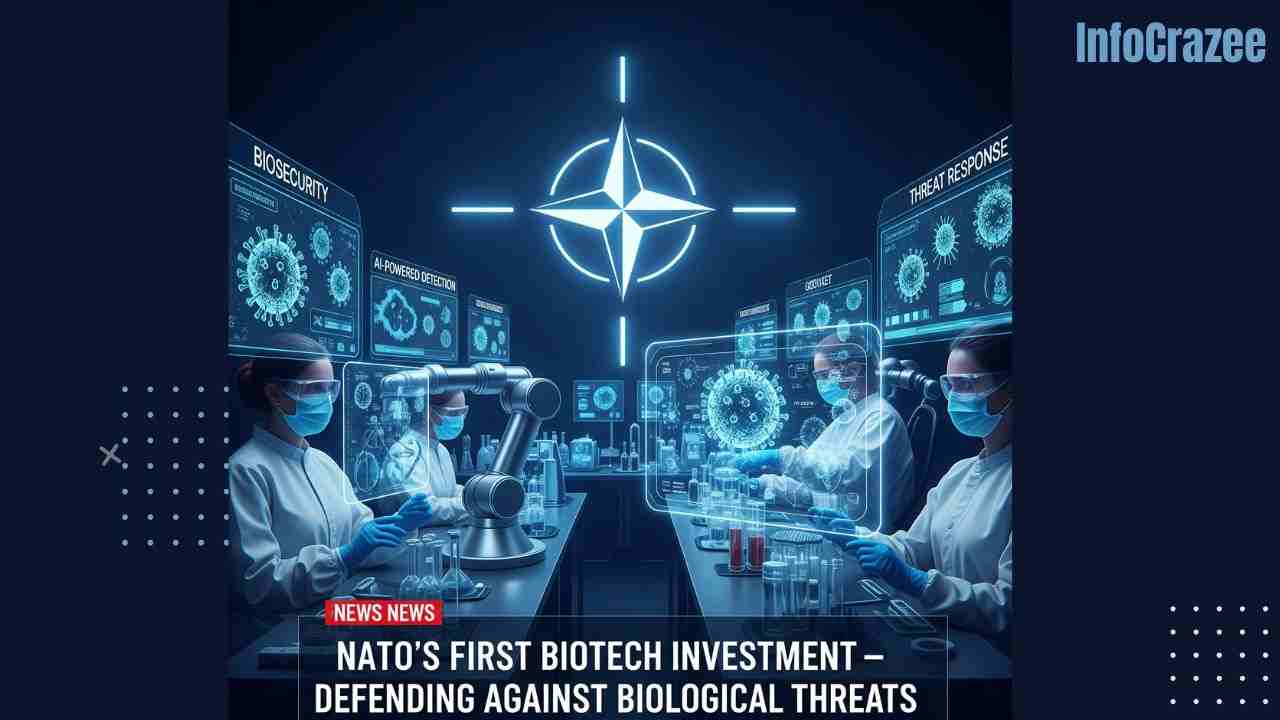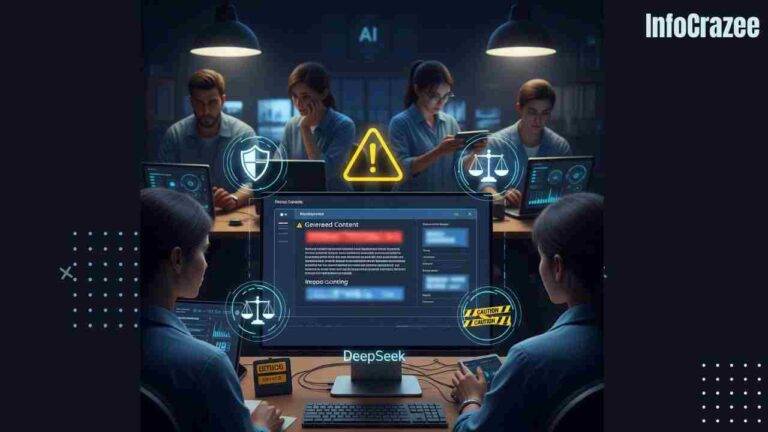NATO’s Venture Fund Makes Its First Biotech Bet to Fight Biological Threats
Picture this: a tiny device that can sniff out dangerous viruses or bacteria in real-time, helping keep the world safe from biological threats. That’s the kind of tech NATO’s Innovation Fund is backing with its first-ever investment in a biotech startup, London-based Portal Biotech. Announced on June 30, this $35 million funding round is a big step for NATO’s push to boost global security through cutting-edge science.
What’s the NATO Innovation Fund?
Imagine a group of 24 countries pooling their money to fund the next big thing in tech—stuff that could keep us all safer. That’s the NATO Innovation Fund (NIF), launched in 2022 with over $1 billion to support startups working on defense and security tech, like AI, robotics, and now biotech. This fund, backed by nations like the UK, Germany, and Sweden, aims to spark innovation that protects against threats like cyberattacks or, in this case, biological dangers.
- Why it’s cool: It’s the world’s first multi-country venture fund, blending public money with startup hustle to solve big problems.
- Fun fact: The NIF has already backed 16+ startups, from space tech to new materials, but this is its first dive into biotech
Meet Portal Biotech
Portal Biotech, the star of this news, is a UK company building a game-changing tool: a portable device that uses AI to sequence proteins at the molecular level, right on the spot. Think of it like a super-smart microscope that can detect dangerous pathogens—think engineered viruses or bacteria—faster than ever before. The $35 million Series A round, co-led by NATO’s fund and Earlybird Venture Capital, is one of Europe’s biggest biotech investments this year.
- What they do: Their tech, the “holy grail” of single-molecule protein sequencing, identifies biological threats and aids drug discovery and precision medicine.
- Real-world impact: It could spot a new virus in hours, not days, helping stop pandemics or biowarfare before they spread.
- Who’s backing them: Alongside NATO, investors include Science Creates VC, Pillar VC, 8VC, British Business Bank, and more.
Why This Investment Matters
I once read about a scientist racing to identify a mysterious outbreak, wishing they had faster tools. Portal Biotech’s tech could be that game-changer, and NATO’s backing shows they’re serious about staying ahead of biological threats. Here’s why this news is a big deal:

Boosting Biosecurity
- Real-world win: Portal’s AI-driven sensors can detect engineered pathogens, like those used in biowarfare, in real-time, making the world safer.
- Example: Imagine a border checkpoint using Portal’s device to catch a dangerous virus before it spreads, saving countless lives.
Advancing Medicine
- Real-world win: Beyond security, the tech speeds up drug discovery by analyzing proteins at a molecular level, paving the way for new treatments.
- Example: A researcher could use Portal’s tool to find a protein linked to cancer, speeding up the hunt for a cure.
Strengthening NATO’s Tech Game
- Real-world win: This investment shows NATO’s not just about tanks and jets—it’s betting on science to protect allied nations.
- Example: By backing Portal, NATO ensures its members have cutting-edge tools to stay resilient against future threats.
Why It’s a Big Deal for You
You might be thinking, “Biotech and NATO? How does this affect me?” Whether you’re a student, a business owner, or just curious, this move has ripple effects. At infocrazee, here’s how we see it:
- Safer world: Faster detection of biological threats means better protection from pandemics or bioterrorism, wherever you live.
- Job opportunities: Biotech startups like Portal are hiring—think roles in AI, biology, or engineering if you’re looking to break into tech.
- Investment potential: Biotech is hot, and Portal’s success could signal more funding for health and security startups, a chance for savvy investors.
Challenges to Watch
This is exciting, but it’s not all smooth sailing. Here’s what could trip things up:
- Ethical questions: Dual-use tech (good for medicine, risky for biowarfare) needs tight oversight to prevent misuse.
- Funding competition: With biotech funding tight, Portal needs to stand out to keep growing.
- Scaling up: Turning lab tech into field-ready devices is tough and costly, especially for real-time biosecurity.
How to Stay in the Loop
Want to keep up with this biotech breakthrough? Here’s how, straight from infocrazee:
- Follow Portal Biotech: Check their website or social media for updates on their tech and job openings.
- Explore NATO’s Fund: Visit the NATO Innovation Fund site to learn about other cool startups they’re backing.
- Dive into biotech: Try online courses on platforms like Coursera to learn about AI in biology if you’re curious about the field.
What’s Next for NATO and Biotech?
NATO’s Innovation Fund plans to pour over $1 billion into tech startups, with biotech now on the radar alongside AI and robotics. Expect more investments in health and security tech, as NATO aims to stay ahead of global threats. This first biotech bet could spark a wave of innovation, making science a key player in keeping the world safe.






